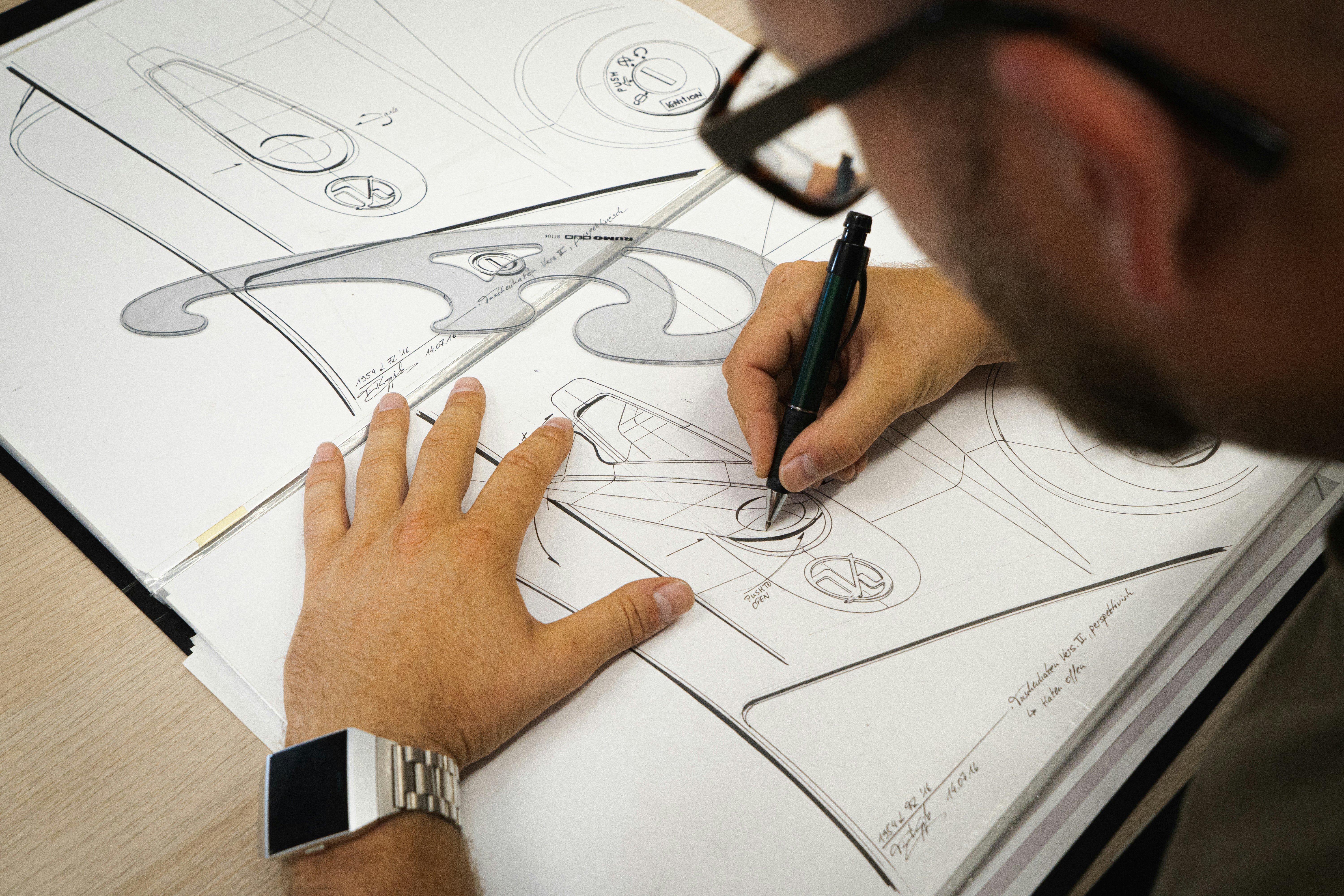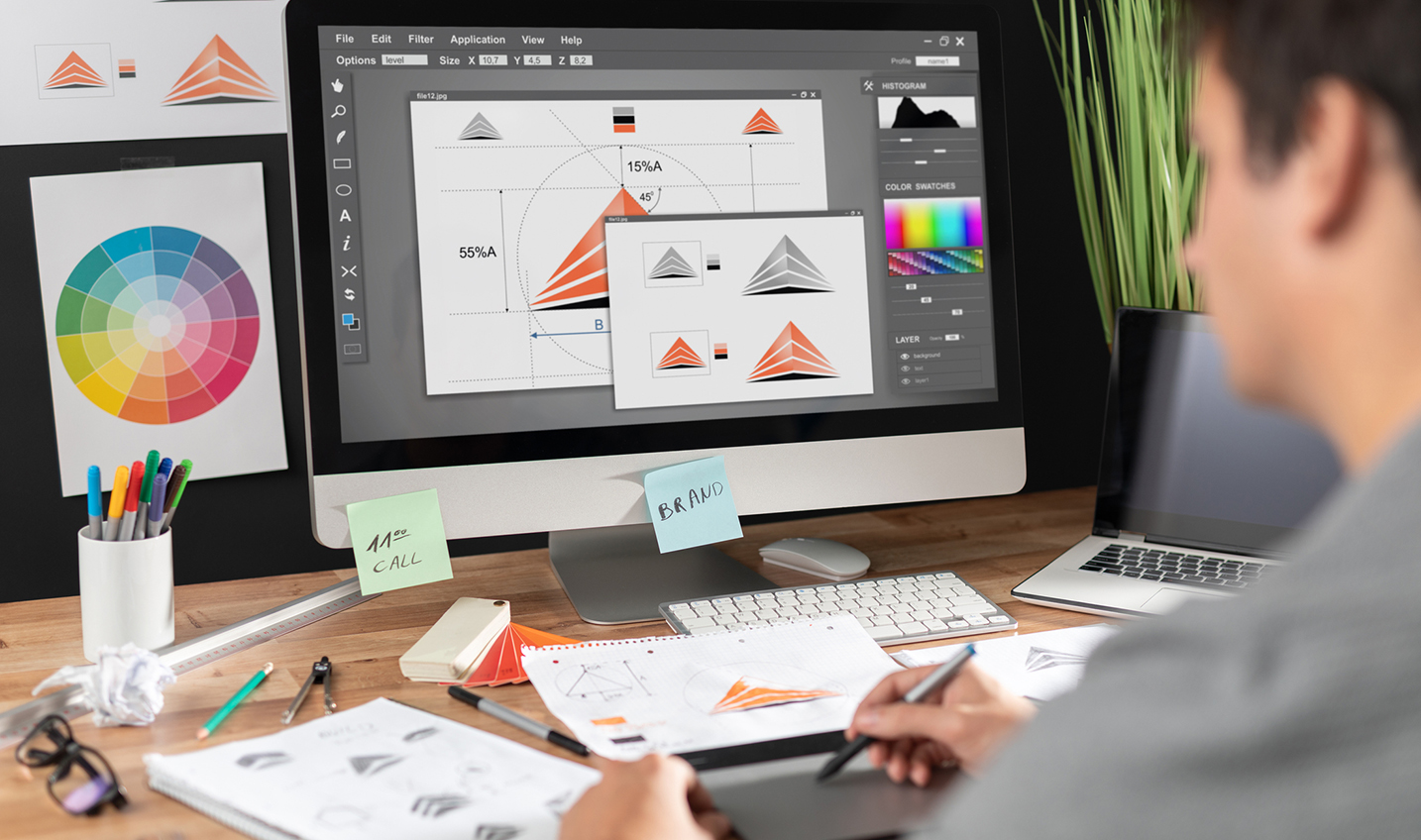Branding Is More Than a Logo
When most people hear the word “branding,” they think of a logo. But branding is the full visual and emotional experience people have with your business—from your color palette and typography to how your content makes them feel. In 2025, a brand’s visual identity must go beyond aesthetics; it needs to communicate clarity, consistency, and connection.
What Is Brand Identity—and Why It Matters
1. Visual Identity Elements
Your brand’s identity is a combination of visual cues that make your business recognizable and memorable:
-
Logo (primary, secondary, icon variations)
-
Typography (headlines vs. body fonts)
-
Color Palette (primary, secondary, accent colors)
-
Imagery (photography style, illustrations, patterns)
These design choices should reflect your business values and resonate with your ideal audience.
2. Brand Voice & Tone
Graphic design works in harmony with your written voice. Whether your brand is playful, bold, elegant, or minimalist, the visuals must match the tone of your messaging for a cohesive experience.
3. Consistency Across All Touchpoints
From business cards and brochures to websites and social media, consistent branding builds trust. Inconsistent visuals can create confusion and dilute your message.

The Role of Graphic Design in Branding
1. Storytelling Through Design
Great design communicates your story visually. It evokes emotion, communicates your values, and helps you stand out in a crowded market.
2. Brand Guidelines for Scalability
A brand guideline document ensures that everyone—from your team to third-party vendors—uses your brand elements correctly and consistently.
3. Application Across Platforms
Every platform has different dimensions, rules, and audience behavior. A skilled graphic designer will adapt your branding for:
Instagram feed posts and stories
Email newsletter headers
Print collateral (flyers, packaging, signage)

Trends in Branding & Design for 2025
Minimalist & Adaptive Logos: Clean, responsive logo systems that work on small screens and large formats.
Motion Design: Animated logos and transitions bring brands to life on social and web.
Authenticity Over Polish: Human-centered visuals with imperfections are favored over sterile, overly corporate design.
Inclusive Design: Brands are expected to reflect diverse audiences and cultural relevance in their visuals.
Common Branding Mistakes to Avoid
Starting with a logo without a brand strategy.
Using inconsistent fonts, colors, or tone across platforms.
Copying design trends without considering your audience.
Neglecting the role of design in customer experience.
Key Takeaways
A strong brand identity goes far beyond a logo—it’s the full visual system that tells your story and makes your business recognizable.
Graphic design plays a vital role in shaping brand perception, creating consistency, and communicating professionalism.
In 2025, design is not just about “looking good”—it’s about connection, clarity, and community.



